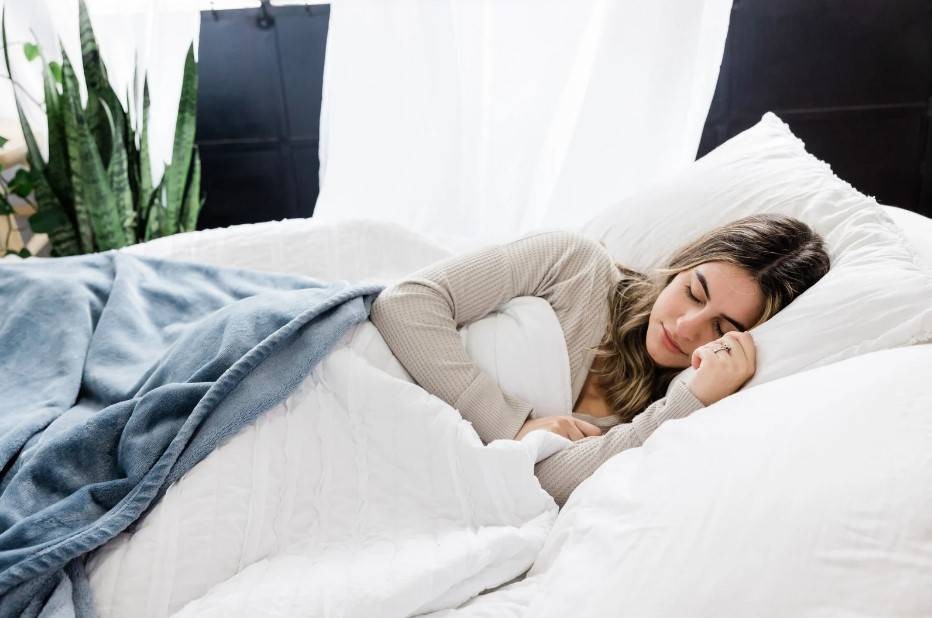
Sleep health is not only about the number of hours you sleep but also encompasses sleep quality, timing, duration, and your sleep environment and habits. Sufficient sleep effectively alleviates fatigue and prepares you to face the challenges of a new day. When sleep quality is poor, it can adversely affect both physical and mental health, with sleep apnea and insomnia being among the most common issues.
Understanding Sleep Apnea
Sleep apnea can be divided into two main types:
- Obstructive Sleep Apnea (OSA): This is the most common type, where the upper airway becomes blocked during sleep, often due to factors such as obesity or a small jaw.
- Central Sleep Apnea (CSA): This type is less common and occurs when the brain's central nervous system fails to send effective signals to the muscles that control breathing. It can be associated with conditions such as stroke and heart disease.
High-risk Factors of Obstructive Sleep Apnea
- Family history of Obstructive Sleep Apnea
- More common in middle-aged men
- Obesity
- Smoking and alcohol use
- Craniofacial abnormalities (such as a small mandible)
Symptoms of Sleep Apnea
- Insomnia
- Chronic snoring
- Daytime sleepiness
- Intermittent pauses in breathing during sleep, lasting from about 10 seconds to several minutes
- Irritability
- Memory impairment
- Frequent feelings of fatigue
Sleep apnea makes it difficult for patients to enter deep sleep, which can negatively impact health. Prolonged untreated sleep apnea can increase the risk of conditions such as hypertension, heart disease, and stroke.
Treatment for Sleep Apnea?
- Mild Cases: Use of a dental appliance that advances the lower jaw, reducing airway obstruction.
- Moderate to Severe Cases:
- Continuous Positive Airway Pressure (CPAP): This is a common non-invasive treatment for sleep apnea that requires a doctor's prescription. It works by delivering a continuous flow of air through a machine, keeping the airways open during sleep and helping to prevent airway obstruction, thereby improving sleep quality.
- Surgical Procedure: This procedure involves removing obstructive soft tissue to restore airflow through the airways.
Sleep Testing
Our hospital offers a range of related services to ensure patients receive high-quality care:
- Diagnosis by Specialists: After evaluation by a specialist, we can promptly arrange for hospitalization for sleep testing based on the patient's needs. This comprehensive analysis of the patient's sleep condition includes data collection on parameters such as snoring sound patterns and breathing rates to accurately diagnose sleep disorders.
- Personalized Treatment Plans and Follow-Up: Following diagnosis, we develop a treatment plan tailored to your needs, with regular check-ups and adjustments to your treatment as necessary.
Individuals in need may be referred to appropriate specialists for follow-up treatment based on the doctor's advice.
Contact Us
• Phone: 3651 8808
• Email: hkahinfo@hkah.org.hk
• Address: Hong Kong Adventist Hospital-Stubbs Road, 40 Stubbs Road



















